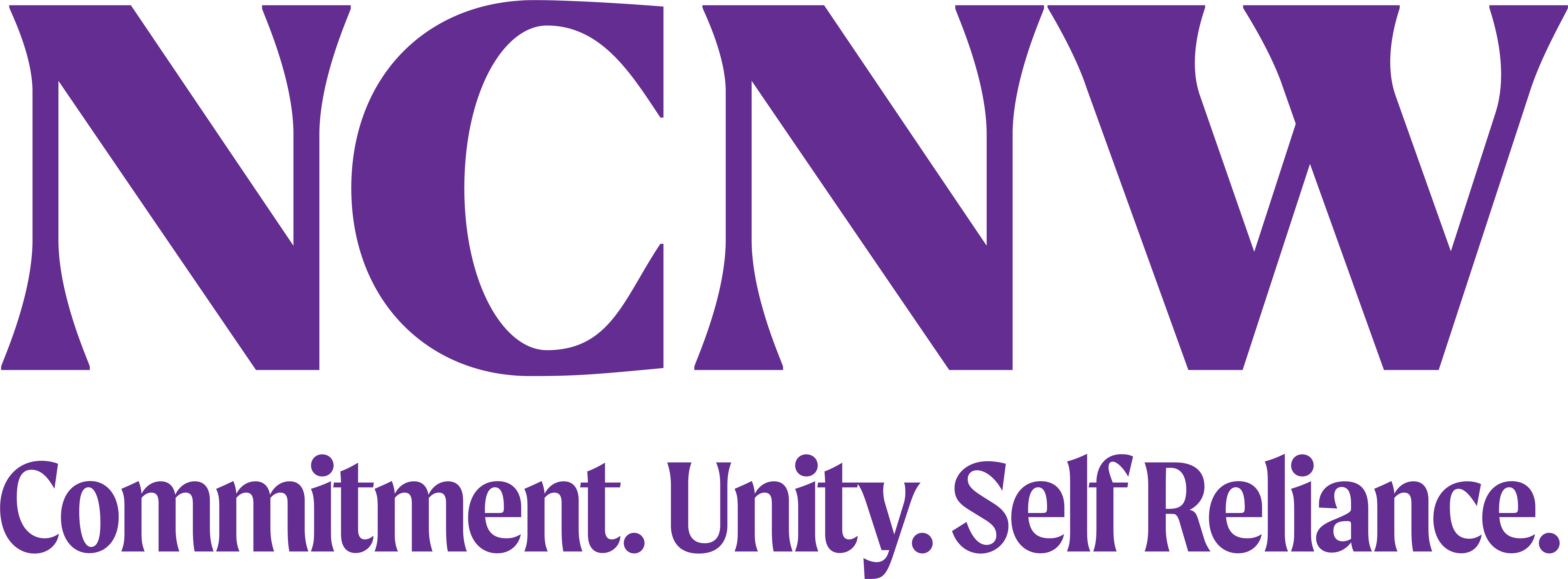The Black Youth Vote
The Black Youth Vote
The Black Youth Vote in the United States faces various critical issues that can impact voter turnout, engagement, and representation. Some of these key issues include:
1.Voter Suppression:
Restrictive Voting Laws: The enactment of laws that impose restrictions on voting, such as voter ID requirements, reduced early voting opportunities, and limitations on mail-in voting, disproportionately affects minority communities, including Black youth.
2.Gerrymandering:
District Manipulation: Gerrymandering can dilute the impact of Black votes by strategically drawing district boundaries to favor one political party over another, minimizing the representation of Black voters.
3.Lack of Representation:
Underrepresentation in Government: The limited representation of Black youth in elected offices can contribute to policies that do not adequately address their unique needs and concerns.
4.Systemic Racism and Inequality:
Disparities in Education: Unequal access to quality education can impact political engagement. Schools in predominantly Black neighborhoods may lack resources and opportunities, hindering civic education and awareness.
Criminal Justice System: Issues like racial profiling, mass incarceration, and police brutality disproportionately affect Black youth. These systemic challenges can lead to feelings of disenfranchisement and a lack of trust in the political system.
5.Social and Economic Barriers:
Economic Inequality: High levels of economic inequality can limit the ability of Black youth to participate in the political process. Financial constraints may make it difficult to engage in activities like attending political events or volunteering for campaigns.
6.Political Apathy:
Perceived Ineffectiveness: A perception among Black youth that their votes won’t significantly impact policy outcomes can lead to political disengagement. Overcoming this perception is crucial for increasing voter turnout.
7.Misinformation and Disinformation:
Targeted Disinformation: Black communities, including youth, may be targeted by misinformation campaigns that aim to suppress their votes or spread false information about candidates and issues.
8.Access to Polling Locations:
Closing Polling Places: The closure of polling places, particularly in Black neighborhoods, can create logistical challenges for Black youth who may face longer travel times and wait lines to vote.
9.Youth-Specific Barriers:
Age-Specific Voting Barriers: Youth-specific barriers, such as restrictive voter registration processes and lack of polling locations on college campuses, can disproportionately affect young Black voters.
10.Cultural and Historical Factors:
Historical Disenfranchisement: A historical legacy of voter suppression and disenfranchisement may contribute to a sense of skepticism and distrust among Black youth regarding the political process.
Addressing these critical issues requires a multi-faceted approach involving policy changes, community engagement, and efforts to dismantle systemic barriers to ensure that Black youth have equal and meaningful access to the democratic process. Efforts to increase civic education, improve representation, and combat voter suppression are essential for fostering a more inclusive and equitable electoral system.

